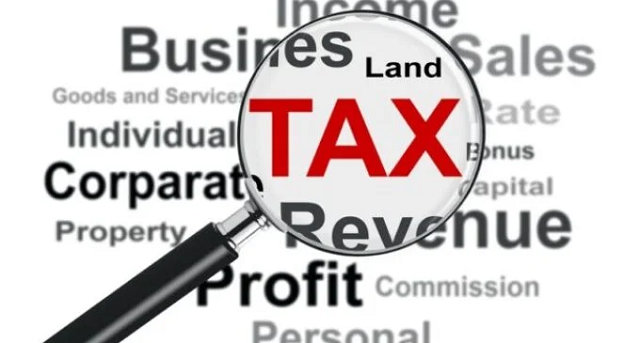The Federal Government received N1.25 trillion in tax revenue from Nigerian businesses in the first half of 2022, despite their severe energy and foreign exchange problems.
According to data issued over the weekend by the National Bureau of Statistics, corporation income tax increased from N697.71 billion in the first half of 2020 to N864.84 billion in the same time of 2021, and to N1.25 trillion in the same period of 2022.
This is a sign that Nigerian businesses are gradually recovering from the impacts of COVID-19, yet the progress made by the epidemic recovery might be undone by an oncoming energy crisis.
A lockdown that was enforced in 2020 handed the country a fatal blow, resulting in a second recession and negative GDP growth of 3.62 percent in the third quarter of of 2020 and a second recession in five years. But firms have begun to recover as data from the NBS showed.
Commenting on CIT for the second quarter of 2022, the nation’s statistics body said, “On the aggregate, CIT (CIT) for Q2 2022 was reported at N714.40bn, indicating a growth rate of 29.53 per cent on a quarter-on-quarter basis from N551.53bn in Q1 2022.
“Local payments received were N634.01bn, while Foreign CIT payment contributed N80.39bn in Q2 2022. On a quarter-on-quarter basis, the Activities of accommodation and food services recorded the highest growth rate with 481.93 per cent, followed by Information and communication with 430.67 per cent, and Transportation and storage with 339.08 per cent.
“On the other hand, Activities of extraterritorial organizations and bodies had the lowest growth rate with – 42.59 per cent, followed by Activities of households as employers, undifferentiated goods and ser-vices-producing activities of households for own use with -31.80 per cent.”
Manufacturing, information and communication, and financial and insurance were the largest contributors to the CIT within the quarter. The Deputy-President of the Lagos Chamber of Commerce, Dr Gabriel Idahosa, stated that it was a reflection of resumed business activities.
He said, “The tax revenue increase reflects the resumption of business by entities that closed down during the peak of COVID.
“These include hotels, airlines, restaurants, event centres, and other operators in the hospitality and tourism sectors of the economy. It also reflects a return to full operations of other sectors of the economy that were only doing very low levels of their normal capacity during the COVID period.”
Meanwhile, Director of Research and Strategy at Chapel Hill Denham, Tajudeen Ibrahim, noted that a major driver for growth was the taxable profit, especially in the telecoms sector.
He stated, “The driver is higher taxable profit for companies, particularly in the fast-growing telecoms sector. The banking and consumer sectors also had a positive impact on the tax remitted to the government.
“Notably, some of them were able to raise prices to boost profitability. This trend can be sustained a little further if there are no regulatory headwinds that could slow down growth across these sectors.”
Another expert, a senior lecturer at the Pan Atlantic University, Olusegun Vincent, added that the increase in tax payment or collection by FIRS might not necessarily be associated with improvement in corporate performance.
“But efficiency in tax collection, deployment of technology in tax collection, increase tax audit and improvement in dispension of tax arbitration by tax appeal tribunal (TAT) are key.”
The Federal Inland Revenue Service said MTN Nigeria Communications Plc and Airtel Networks Limited were two of its top 10 performing taxpayers in 2021.













